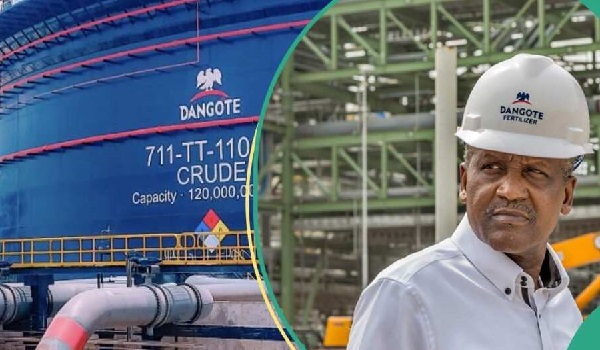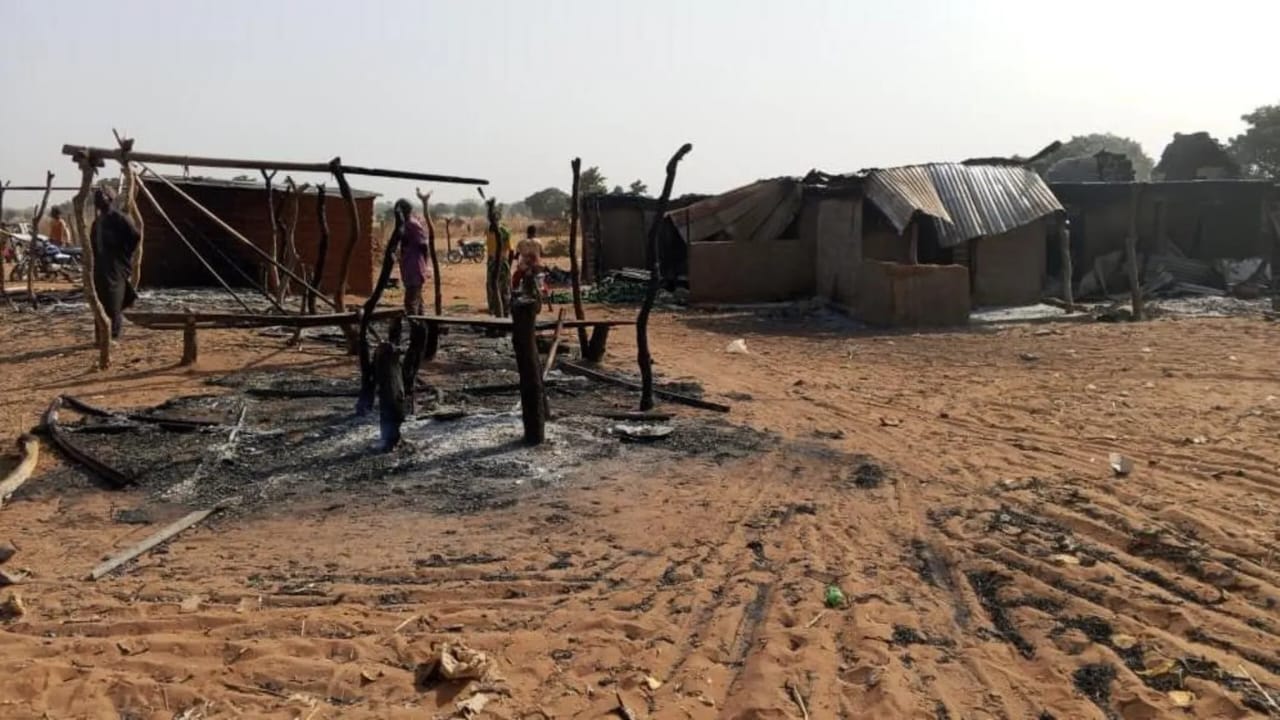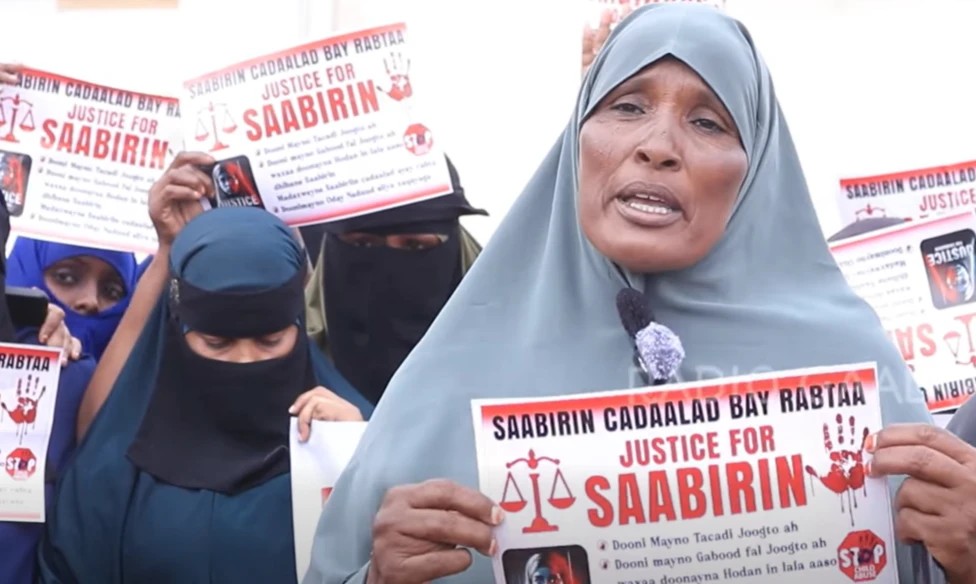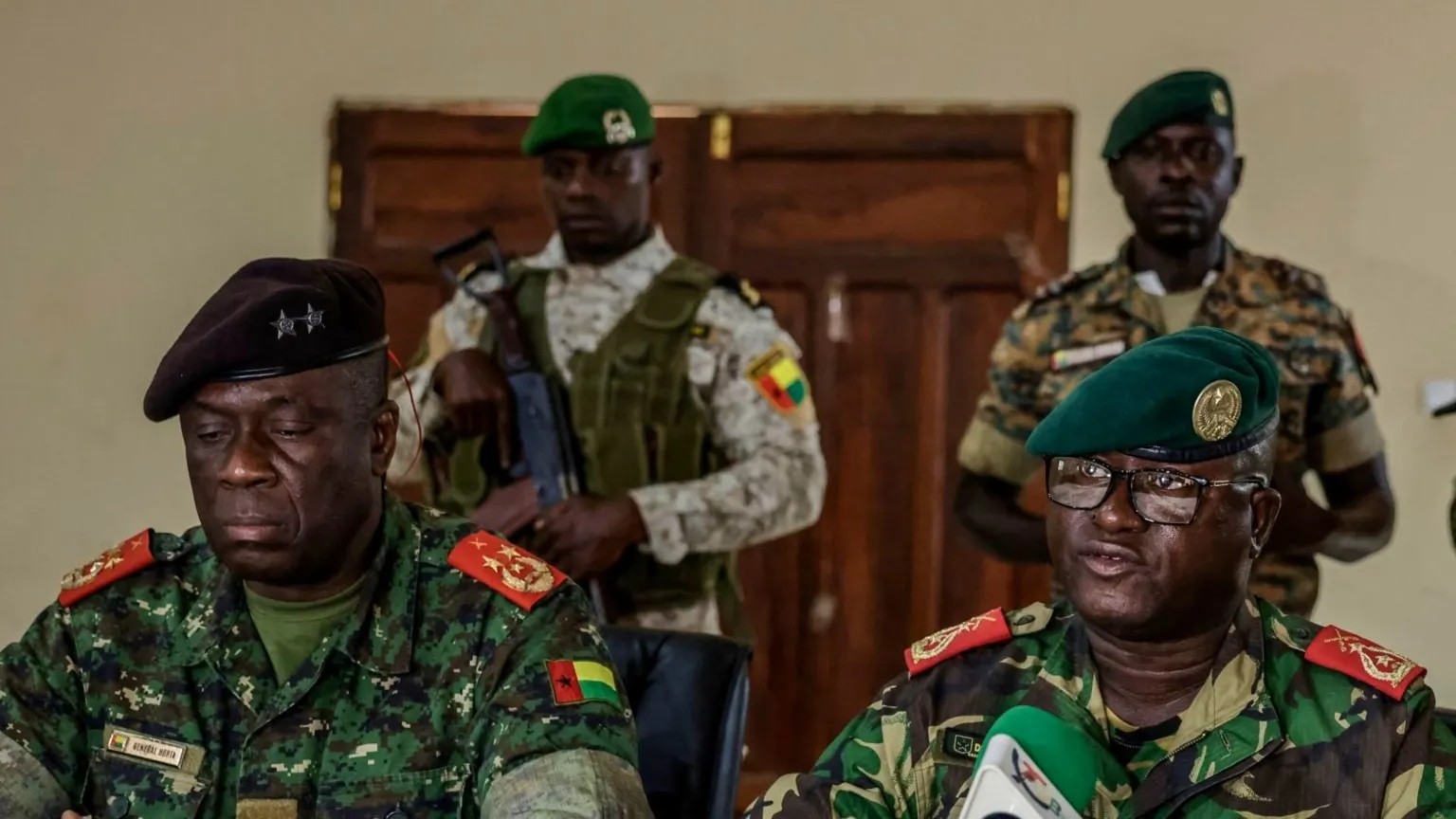Naira-for-Crude Deal Suspended: Impacts and Speculations in Nigeria's Fuel Market
- by Abdullah Muhammad, RNG247
- about 9 months ago
- 126 views

Fuel Crisis Looms as Dangote Refinery Halts Naira Sales
The recent suspension of naira-denominated sales of petroleum products by the Dangote Petroleum Refinery has sent ripples through Nigeria’s fuel market, with downstream players bracing for potential turbulence. Retailers have been observed hoarding Premium Motor Spirit (PMS), anticipating a price surge following the halt in crude sales to the Dangote refinery using local currency.
Marketers Urged Against Panic Stockpiling
Concerns are mounting as the Federal Government's decision to pause transactions with Dangote Refinery in naira sparks fears of an imminent price hike. Many filling stations are stockpiling petrol to capitalize on potential future price increases. However, the Independent Petroleum Marketers Association of Nigeria (IPMAN) has warned against excessive stockpiling, cautioning that it might lead to significant financial losses if prices stabilize or decrease.
Dangote Refinery announced suspension of local currency sales due to currency mismatch between sales revenue and obligations, which must be settled in U.S. dollars. “The decision is necessary to avoid discrepancies between our sales proceeds and crude oil purchase obligations,” the refinery noted, highlighting that the value of naira sales has exceeded naira-denominated crude received.
Depot Owners and Market Reactions
The announcement saw an immediate spike in loading costs at private depots in Lagos, with prices rising from less than N850 to about N900 per litre. IPMAN's National Publicity Secretary, Chinedu Ukadike, criticized depot owners for profiteering amid the uncertainty, advising against panic-buying. He noted that the Dangote refinery might reduce prices once resolved, urging caution to avoid debt.
Government and Industry Reactions
Efforts are underway to resolve the naira-for-crude situation, with the Federal Government and Dangote Refinery working towards an agreement. It’s reported that the Technical Sub-Committee on the Naira-for-Crude Policy is actively seeking solutions, evaluating proposals from the Nigerian Upstream Petroleum Regulatory Commission.
Market experts and oil marketers warn of potential pressure on foreign exchange markets as dealers seek US dollars to purchase petrol. Analysts underscore the implications of the NNPC’s substantial forward crude sale commitments, affecting supply capacities to domestic markets.
Market Dynamics and Future Prospects
Amidst these developments, 154.22 million litres of PMS were anticipated to arrive at Nigerian ports, potentially stabilizing short-term supplies. Observers recall Dangote Refinery's initial operational challenges due to supply constraints, and the ongoing efforts to mitigate monopolistic concerns within the sector. Industry insiders argue that suspending the naira-for-crude agreement could inadvertently pressure Dangote Refinery, while others suggest it’s a move to favor broader importation practices.
As the sector navigates this uncertainty, stakeholders are cautiously optimistic for a timely resolution that aligns with broader energy security goals. The situation underscores the complex interplay between local currency transactions and global oil market dynamics in shaping Nigeria’s fuel economy.
Dangote Group Criticizes Foreign Influence on Crude Sales
Building on recent developments in Nigeria’s oil industry, the Dangote Group has expressed concerns over international oil companies’ (IOCs) practices, alleging that they are leveraging foreign agents to sell crude oil to the Dangote Refinery. This practice, they claim, contributes to rising local crude prices, with trading intermediaries offering cargoes at a premium of $2 to $4 per barrel above the official rates.
The Dangote Group has also accused foreign oil producers of prioritizing sales to Asian markets, potentially disadvantaging local refineries. This situation persists despite interventions by the Nigerian Upstream Petroleum Regulatory Commission (NUPRC) aimed at addressing these challenges.
Calls for Regulatory Reforms and Direct Deals
Mr. Devakumar Edwin, Vice President of Oil & Gas at Dangote Industries Limited, has advocated for the rigorous application of Domestic Crude Supply Obligation guidelines as outlined in the Petroleum Industry Act. Edwin emphasized that direct dealings with local crude producers, as the Act stipulates, would ensure fairer pricing and availability for local refineries.
Edwin criticized IOCs in Nigeria for obstructing the company's efforts to secure locally-produced crude, citing instances where cargo trades through intermediaries carried higher premiums than the NUPRC’s official pricing.
Government Intervention and Policy Shifts
The issue gained traction following comments from Farouq Ahmed, Chief Executive of the Nigerian Midstream and Downstream Petroleum Regulatory Authority (NMDPRA), who suggested that locally refined fuels were of inferior quality compared to imports, sparking public outcry.
In response to the ongoing challenges, President Bola Tinubu, during a Federal Executive Council (FEC) meeting on July 29, proposed a policy shift to sell crude to Nigerian refineries in naira. This measure, swiftly adopted by the FEC, aimed to bolster local refinery operations starting with the Dangote Refinery as a test case. The policy promises to allocate 450,000 barrels for domestic consumption, priced in naira, potentially stabilizing the local market.
Presidential media aide Bayo Onanuga announced that a fixed exchange rate would be applied to these transactions, offering a stable economic environment for local refineries.
These developments highlight the government's proactive approach to securing energy resources for domestic use while addressing the geopolitical complexities influencing Nigeria's oil industry. As efforts continue, the local market awaits the practical effects of this naira-based transaction model on pricing and supply dynamics.












.jpg)



0 Comment(s)